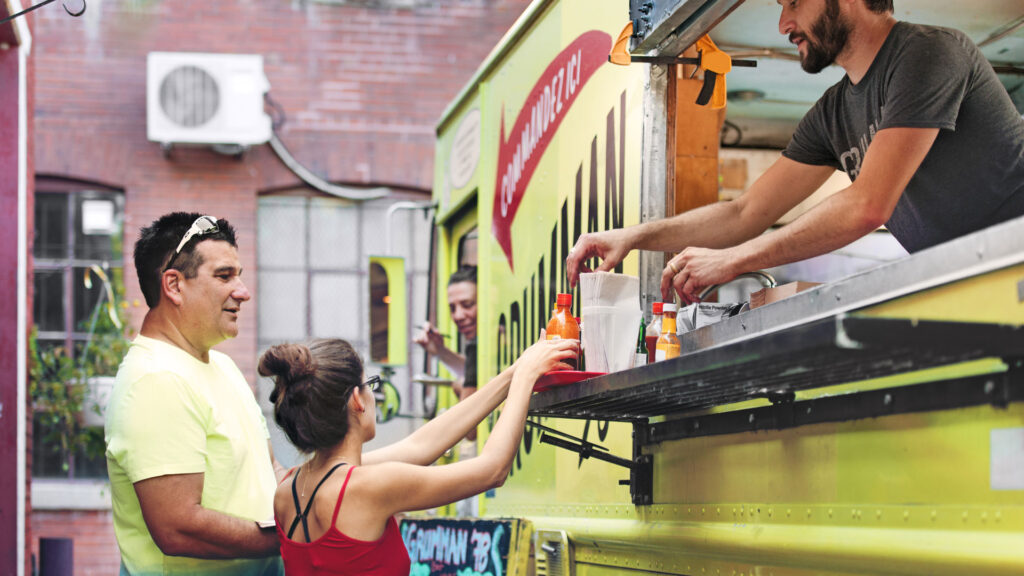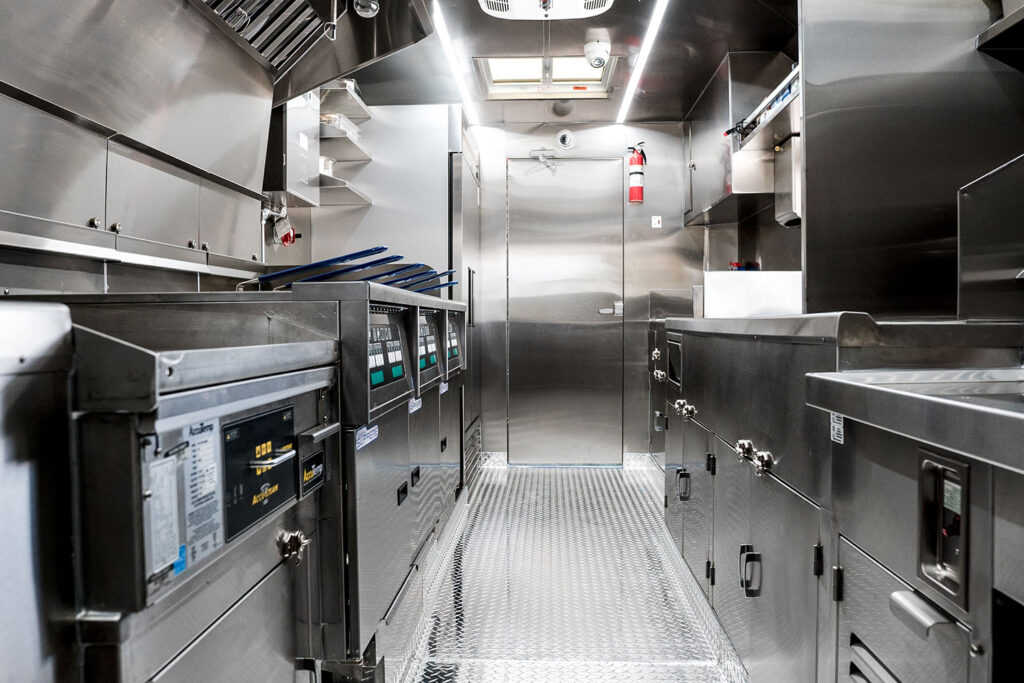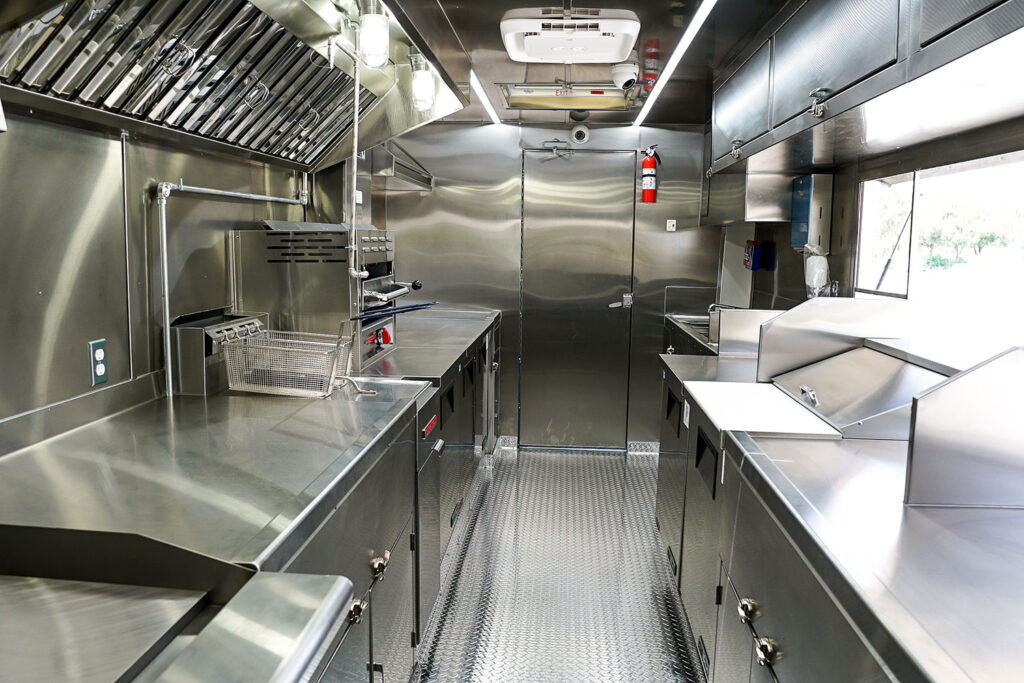When it comes to owning a food truck, having good food truck tires is just as important as having good recipes. Learn more about why you should check your tires regularly and exactly how to do it.
Why Food Truck Tire Maintenance Matters
Every driver relies on tires that can move them from point to point. But reliable tires matter even more in the food truck business. Here’s why:
- You need to operate on a tight schedule: A sudden flat tire can disrupt your schedule and make you miss lunch and dinner rushes. Your food truck might even be flagged as unreliable, or your customers might switch to a competitor.
- Towing is expensive: If you have a surprise flat tire (or, even worse, two flat tires), your truck will be stranded until you can get a tow. But tows for food trucks and oversized vehicles cost more than typical tows. Also, buying tires in an emergency gets expensive, fast.
- Repairs are even more expensive: Blowouts and riding on flat tires won’t just cost you a new tire. You might need to pay for bodywork, new wheels, and any other cars or property that might get damaged.
- Good tires save you money: Good tires don’t just prevent bad news—they provide good news. Fuller tires with a good tread lead to better gas mileage. You can also drive safer, with leads to discounts on your car and business insurance. Then you have more funds for common food truck startup costs.
How to Check Your Food Truck Tires for Damage
Once you’re committed to checking your tires, it’s easy enough to make it a routine. Check the following things at least once a week, and try to do a brief scan of your tires every day for good measure.
- Check the sidewalls for scuffs and holes.
- Make sure the tires are properly inflated (especially if the temperature changes quickly in your area).
- Check your tire treads. There may be a tread-wear indicator that appears when the treads wear down to 1/16th of an inch. But if your tires don’t have indicators, try the old penny test. Stick a penny into the tread, Lincoln’s head down. If there’s clearance above the top of his head, the tread is too shallow, and it’s time for a new tire.
- Look over the tire’s surface and find anything embedded in the surface. This may or may not become a future problem, so it’s important to monitor debris jabbed into the rubber.
Along with checking your tires for damage, routine maintenance will help them last longer. Have the tires rotated every 5,000 miles so wear can be distributed evenly across all four. Food trucks and trailers will each have different wear tendencies. It’s also important to get an alignment service every 6,000 miles, especially if most of your go-to sales spots are in a city.
Get Resources and Support for Your Food Truck Business From Legion Food Trucks
Taking good care of your food truck is essential for running a profitable—and less stressful—food truck business. So don’t let the basics, like tire maintenance, interfere with your operations. Routinely inspect your tires for wear and damage, and stay on top of maintenance appointments. Reach out to Legion Food Trucks for more advice and resources to create your dream food truck business.







